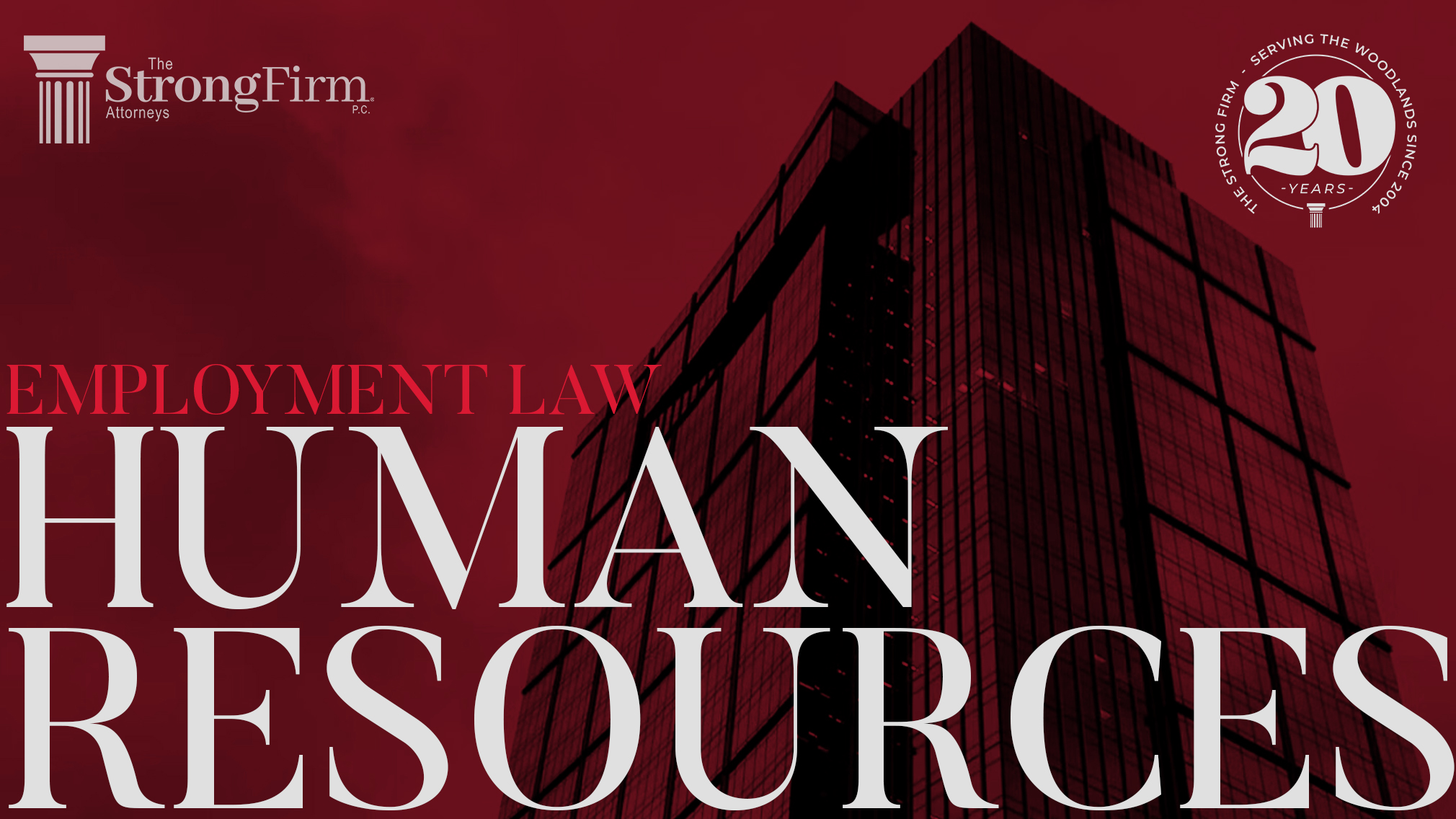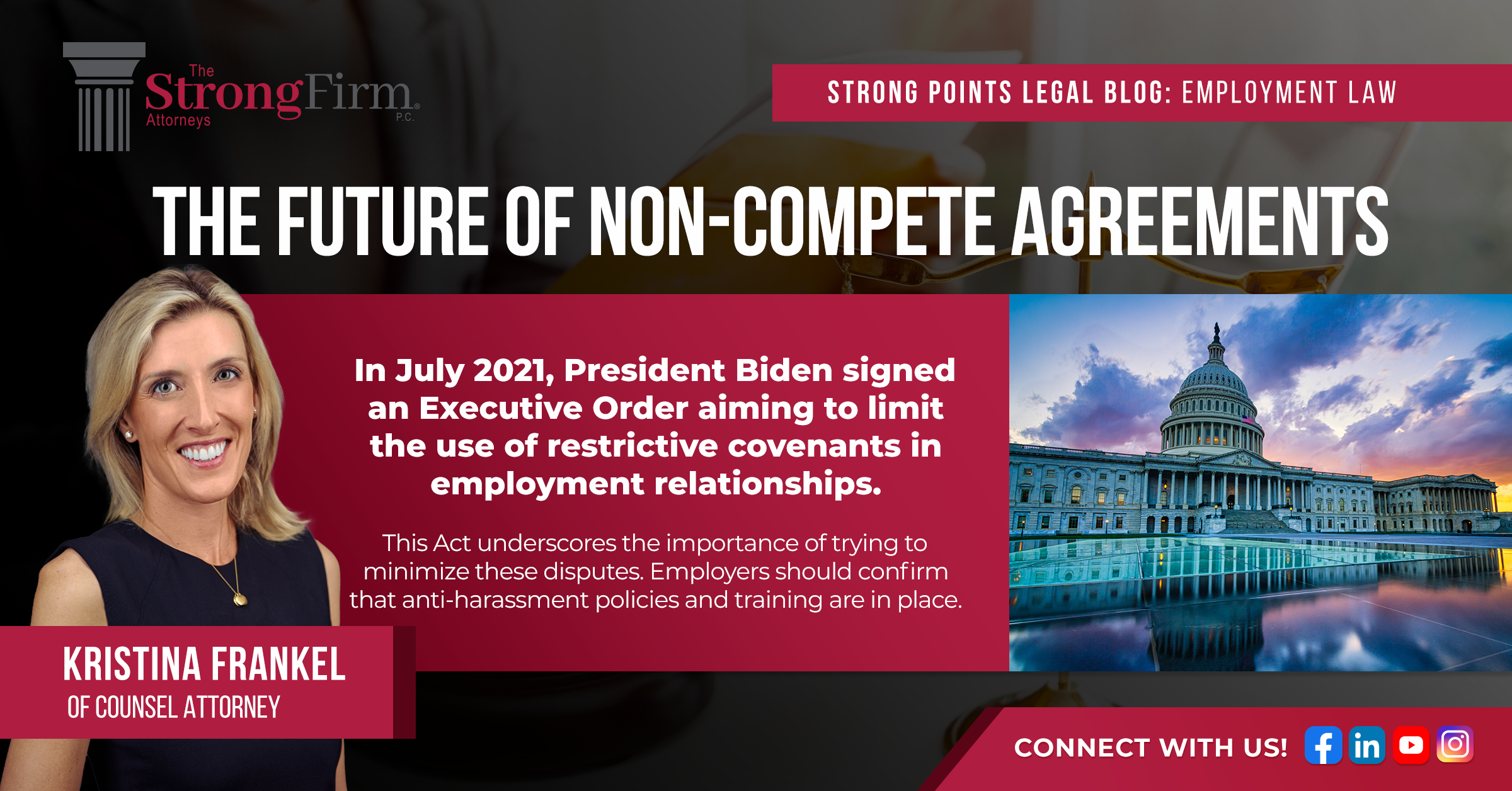Within days of the World Health Organization declaring the Coronavirus (COVID-19) a pandemic, we saw events cancelled, public gatherings restricted to 10 people, businesses closed, travel restricted, and school cancelled for our children. With each day and each unprecedented change, businesses have been forced to look at their contractual obligations and potential inability to perform. Though generally glanced-over as “boilerplate” provisions, force majeure clauses are meant to cover occurrences outside the parties control (Acts of God, war, pandemics, etc.) and can potentially excuse parties from contractual performance in the event that such an occurrence is triggered.
Is the Coronavirus (COVID-19) pandemic a force majeure event?
Your favorite attorney answer: well, it depends. Unfortunately, there is no standard force majeure clause. Whether the Coronavirus pandemic is considered a force majeure event will come down to how it is defined in your specific contract. Did the contract provide a closed definitional list? (Ex. 1- Acts of God – fire, explosion, earthquake drought hurricane tornado; 2 – War; 3 – Strikes, Lockouts, Labor Disputes) Was a pandemic specifically mentioned within the definition? Then yes, this is a force majeure event. TEC Olmos, LLC v. Conoco Phillips Co., 555 S.W.3d 176, 183 (Tex. Ct. App. 2018) (“there was no unforeseeability requirement when a specified force majeure condition . . . occurred that excused performance.”) If a pandemic was not specifically mentioned, was there a broad catch-all definition, such as “unforeseeable circumstances beyond the parties’ control”? See In re Cablevision Consumer Litig., 864 F. Supp. 2d 258, 264 (E.D.N.Y. 2012) (noting that, force majeure clauses are “construed narrowly and will generally only excuse a party’s nonperformance that has been rendered impossible by an unforeseen event”) If so, the judicial interpretation of “foreseeability” changes jurisdictionally and is highly fact-specific on whether the pandemic was foreseeable.
If Coronavirus (COVID-19) is a force majeure event, is the party excused from performance?
Many contracts also include language that states that the occurrence of the force majeure event must make performance of the contractual obligations impossible, impracticable or illegal. OWBR LLC v. Clear Channel Comms., Inc., 266 F. Supp. 2d 1214, 1216 (D. Haw. 2003) (noting that the force majeure clause excused nonperformance where it was “inadvisable, illegal, or impossible”) Some contracts will also require reasonable endeavors to be made to overcome the force majeure event. See, e.g., Richard A. Lord, 30 Williston on Contracts § 77:31 (4th Ed.) (noting that a party seeking the benefits of a force majeure clause must show that performance is impossible “in spite of skill, diligence, and good faith” to continue to perform) Some contracts also require prompt notice following a force majeure event. It is important for parties to understand exactly which circumstances trigger their force majeure clause so they may negotiate the most favorable terms going forward.
What if the contract does not contain a force majeure clause?
If the contract is silent as to force majeure, parties should look to common law doctrines to excuse performance. Through the principals of impracticability and impossibility, courts apply an objective assessment as to whether the excused performance is impracticable or impossible, regardless of whether the party, itself, thinks performance is impracticable or impossible. These doctrines may excuse nonperformance where a party establishes that: (1) an unexpected intervening event occurred; (2) the parties’ agreement assumed such an event would not occur; and (3) the unexpected event made contractual performance impossible or impracticable. See, eg. Restatement (Second) of Contracts § 261 (Am. Law Inst. 1981) Under the doctrine of frustration of purpose, a Party must prove that: (1) an event substantially frustrates a party’s principal purpose; (2) the nonoccurrence of the event was a basic assumption of the contract; and (3) the event was not the fault of the party asserting the defense. See, eg. Hon. Michael M. Baylson et al., 8 Bus. & Com. Litig. Fed. Cts. § 89:36 (4th ed. 2019) The party would have the burden of proving that the circumstances of the pandemic so directly altered the contract that performance of the contract would no longer fulfill its purpose.
Although force majeure clauses have always been narrowly interpreted, we are in unprecedented times with this Coronavirus pandemic. As you are reviewing your current contracts, if you still have any doubt, please seek further legal advice.




























